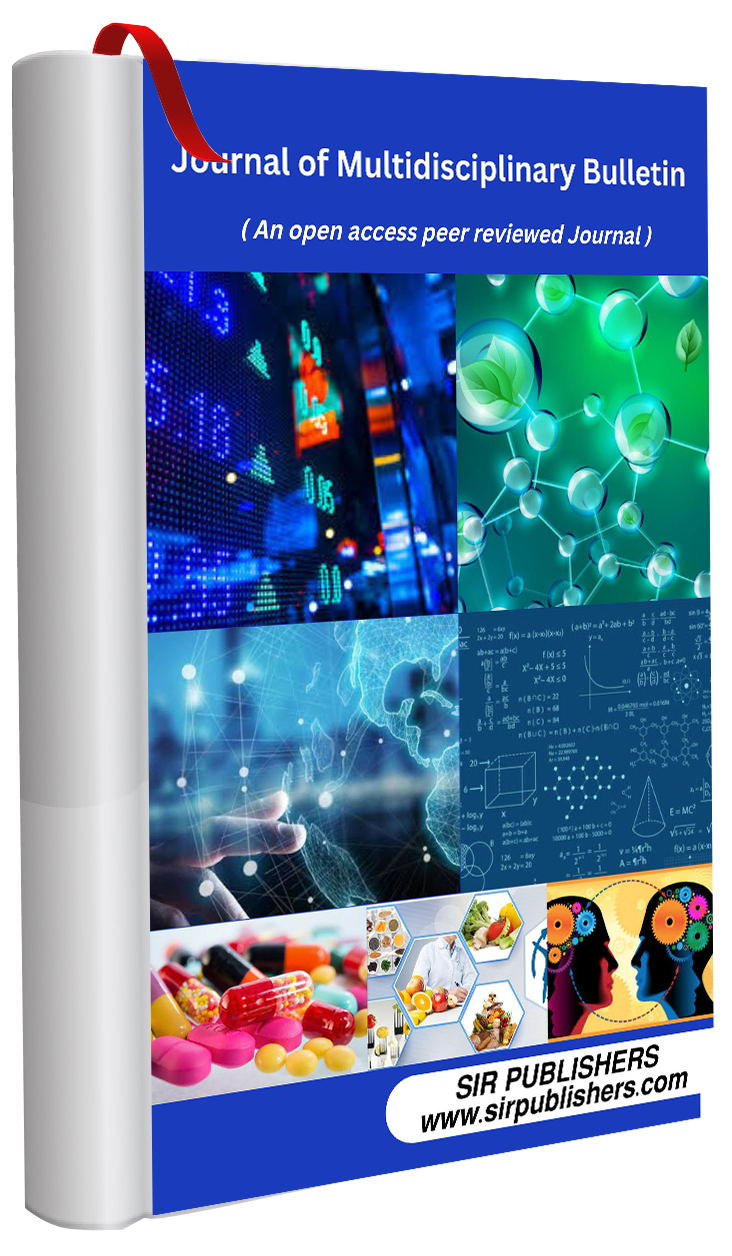BILINGUALISM AND BRAIN HEALTH: HOW LEARNING A NEW LANGUAGE STRENGTHENS COGNITIVE ABILITIES
Abstract
This article examines the significant cognitive, social, and emotional benefits of bilingualism. It begins by addressing historical misconceptions that bilingualism confuses children and impairs academic performance. Current research reveals that bilingual individuals often outperform monolinguals in executive control, working memory, and attentional focus. The article highlights how learning a new language enhances neural pathways and promotes cognitive reserve, delaying dementia onset by 4 to 5 years. Additionally, bilingualism fosters empathy and perspective-taking abilities, enriching social interactions. The discussion emphasizes the importance of early language exposure for maximizing cognitive advantages while acknowledging challenges faced by late bilinguals. Ultimately, the article advocates for promoting bilingual education as essential for personal growth and societal understanding in a globalized world.
References
Bialystok, E., Craik, F. I. M., Green, D. W., & Gollan, T. H. (2009). Bilingualism: Consequences for mind and brain. Cognitive Science, 33(3), 557-589.
Bialystok, E., Martin, M. M., & Viswanathan, M. (2012). Bilingualism across the lifespan: The role of language in cognitive aging. Journal of Neuropsychology, 6(2), 159-173.
Costa, A., Santesteban, M., & Ivanova, I. (2014). On the advantages of being bilingual: Cognitive control in the bilingual brain. Cognitive Science, 38(3), 568-586.
Garcia, O., & Wei, L. (2014). Language Policy and Political Issues in Education. Routledge.
Klein, P. S., Kauffman, T., & Kuhlmann, C. (2019). Neuroplasticity and language learning: The impact of bilingualism on brain structure and function. Frontiers in Psychology, 10, 1234.
Marian, V., & Shook, A. (2012). The effects of bilingualism on cognitive functioning: A review of recent research. Cognitive Science, 36(4), 646-661.
Pelham, S. D., & Abrams, L. (2014). Cognitive advantages and disadvantages in early and late bilinguals: A longitudinal study. Journal of Cognitive Psychology, 26(5), 529-543.
Vivekanandan, K., & Bialystok, E. (2020). The role of bilingualism in enhancing theory of mind: Evidence from children and adults. Developmental Psychology, 56(1), 1-12.
Wong, P. C. M., & Perrachione, T. K. (2018). Neural correlates of bilingualism: Implications for cognitive aging and dementia prevention. Neuroscience & Biobehavioral Reviews, 94, 1-11.
Luo, L., Cheng, J., & Li, P. (2022). Bilingualism and executive function: A longitudinal study of cognitive performance in elderly bilinguals. Journal of Cognitive Enhancement, 13(4), 85-98.
Bialystok, E., Craik, F. I. M., & Freedman, M. (2007). This study showed that bilingualism is associated with a delay of approximately 4.3 years in the onset of Alzheimer's disease, suggesting cognitive benefits related to bilingualism and increased cognitive reserve.
Keysar, B., Hayakawa, S. L., & An, S. (2012). The foreign language effect: Thinking in a foreign language reduces decision biases. Psychological Science, 23(6), 661-668.
Ismoilova, D. (2022). SEMANTIC FEATURES OF INFORMATION TECHNOLOGY TERMINOLOGY IN UZBEK AND ENGLISH LANGUAGES. Евразийский журнал академических исследований, 2(5), 194-196.
Ismoilova, D. (2024). THE IMPORTANCE OF TRANSLITERATION IN LANGUAGE DEVELOPMENT. JOURNAL OF LANGUAGE AND LINGUISTICS, 7(1), 1-5.









